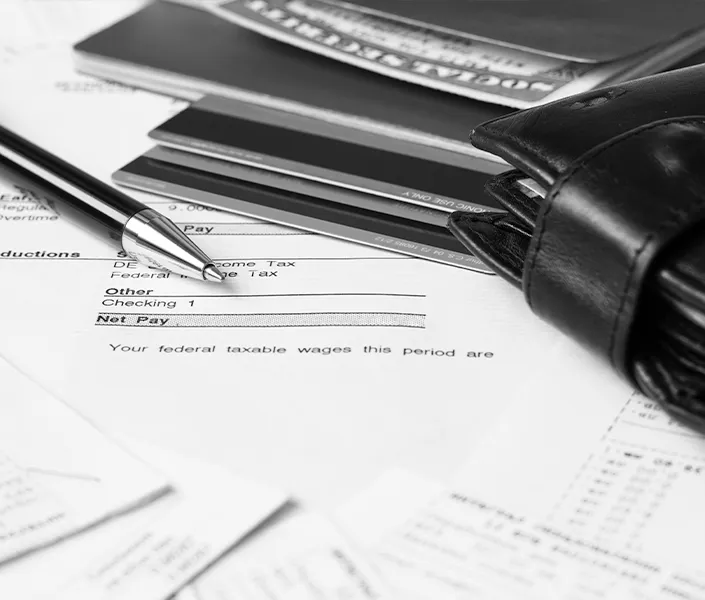Shop Online Safely
Everything's been different this year, and this holiday season is no exception. Online shopping is an obvious and convenient alternative to shopping in person, whether you need groceries or gifts.
However, there are risks with online shopping. It’s a good idea to remind yourself of some precautions you can take so you don’t fall victim to credit card fraud.
1. The main targets for cybercrimes
Criminals have three main avenues for targeting online shoppers:
- Creating fraudulent sites and email messages
- Intercepting insecure transactions
- Targeting vulnerable computers
If you familiarize yourself with the warning signs of these three dangerous avenues, you’ll be well-positioned to avoid the stress and pain of identity theft and financial fraud.
2. Know where you’re shopping
You’ll get many emails that tempt you with amazing deals. Unfortunately, many of these emails will take you to fraudulent websites that appear to be legitimate but are out to collect your financial information.
Questions to ask:
- Does the sender’s email address make sense?
- Do you see any unusual ‘typos’ or alterations to the website’s address?
- Some fake websites will even have ‘certificates’ that appear to establish authenticity, but examine these carefully: to whom were they issued?
In general, it’s safest to avoid links in emails or websites that are sent to you at random. Instead, navigate directly to the website you want to visit, whether it's Amazon or your favorite local indie bookshop.
Interested in a shopping or delivery app? It’s best to download it directly from the iOS App Store or the Google Play Marketplace, and be sure to check out the reviews.
Here are two related articles with useful information:
3. Look for the locks
Before you complete a purchase online, look at the page information. Do you see an ‘s’ at the end of ‘http’ in the web address (“https”)? Do you see a ‘padlock’ icon where the lock appears to be closed? That indicates a secured checkout site where your account information is encrypted.
Before entering your card or account information, always make sure the order page is legit and secure.
(And if you’re shopping with a mobile device, consider using the additional security of a feature such as Apple Pay).
4. Keep your computer safe and healthy
Vendors have the responsibility of keeping their sites and systems safe and secure from malware. Similarly, you too should take steps to guard against computer viruses and malware.
- Be wary about clicking on links on strange emails or sites
- Install anti-virus software.
What happens if things go wrong
You can do everything right and still be compromised. In addition to the precautions above, make sure that you:
- Check your statements every month
- Set up Notifications that will alert you to debit and credit card authorizations
- If you see a fraudulent charge, let us know right away.
You are protected against fraudulent activity on your SF Fire Credit Union debit and credit card accounts as long as you contact us as soon as possible after you discover the charge.
Disputes must be submitted within 60 days of the date of the Statement on which the fraudulent charge first appears.
For additional details, check out this article from the Federal Cybersecurity & Infrastructure Security Agency (CISA).




